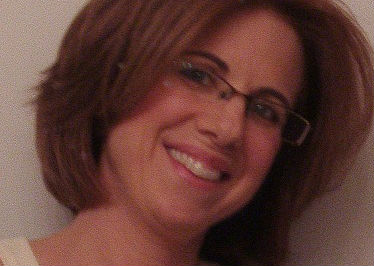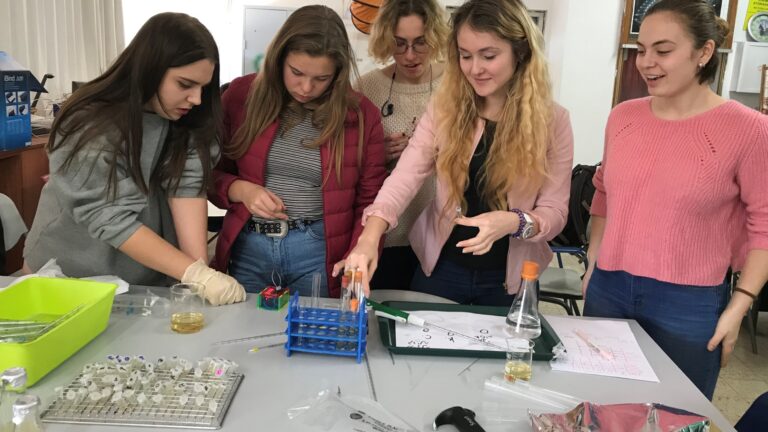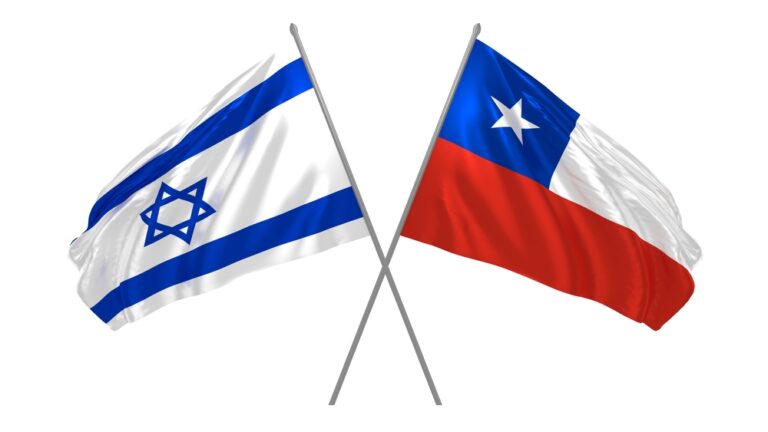Israeli researchers from Ben-Gurion University of the Negev (BGU) and Tel Aviv University (TAU) have set out to understand why it is always “easier said than done.”
BGU’s Dr. Rachel Barkan and Prof. Shai Danziger of TAU recently published a paper — “Idealistic Advice and Pragmatic Choice: A Psychological Distance Account” in the Journal of Personality and Social Psychology, examining the differences between choice and advice.
“It is a matter of seeing the forest for the trees,” Barkan explains. “The advice we give is not anchored in the choice we would make. When we give advice, we do not consider what we would have done in the same situation. Instead, our role as adviser distances us from the dilemma at hand. From afar we see the forest. We consider long term goals that are worthy and desirable. As advisers, we overlook the trees and discount obstacles and impediments on the way to this goal.
As Choosers however, we cannot avoid seeing the trees – sometimes to the extent of losing the forest. As choosers, our mindset is oriented toward implementation and we give more weight to concrete details of feasibility and pragmatism.”
The study confirmed that choice–advice difference was present in consequential real-life decisions.
“The clash between the idealistic desire to follow our dreams and the pragmatic considerations that hold us back resembles the experience you go through looking at the famous picture of the young/old woman.
You see the young woman for a moment but then the old lady jumps in. You cannot keep a steady image of one of them for very long, and you cannot see both of them at the same time.”
Their research was funded by the Israel Science Foundation.
Fighting for Israel's truth
We cover what makes life in Israel so special — it's people. A non-profit organization, ISRAEL21c's team of journalists are committed to telling stories that humanize Israelis and show their positive impact on our world. You can bring these stories to life by making a donation of $6/month.









